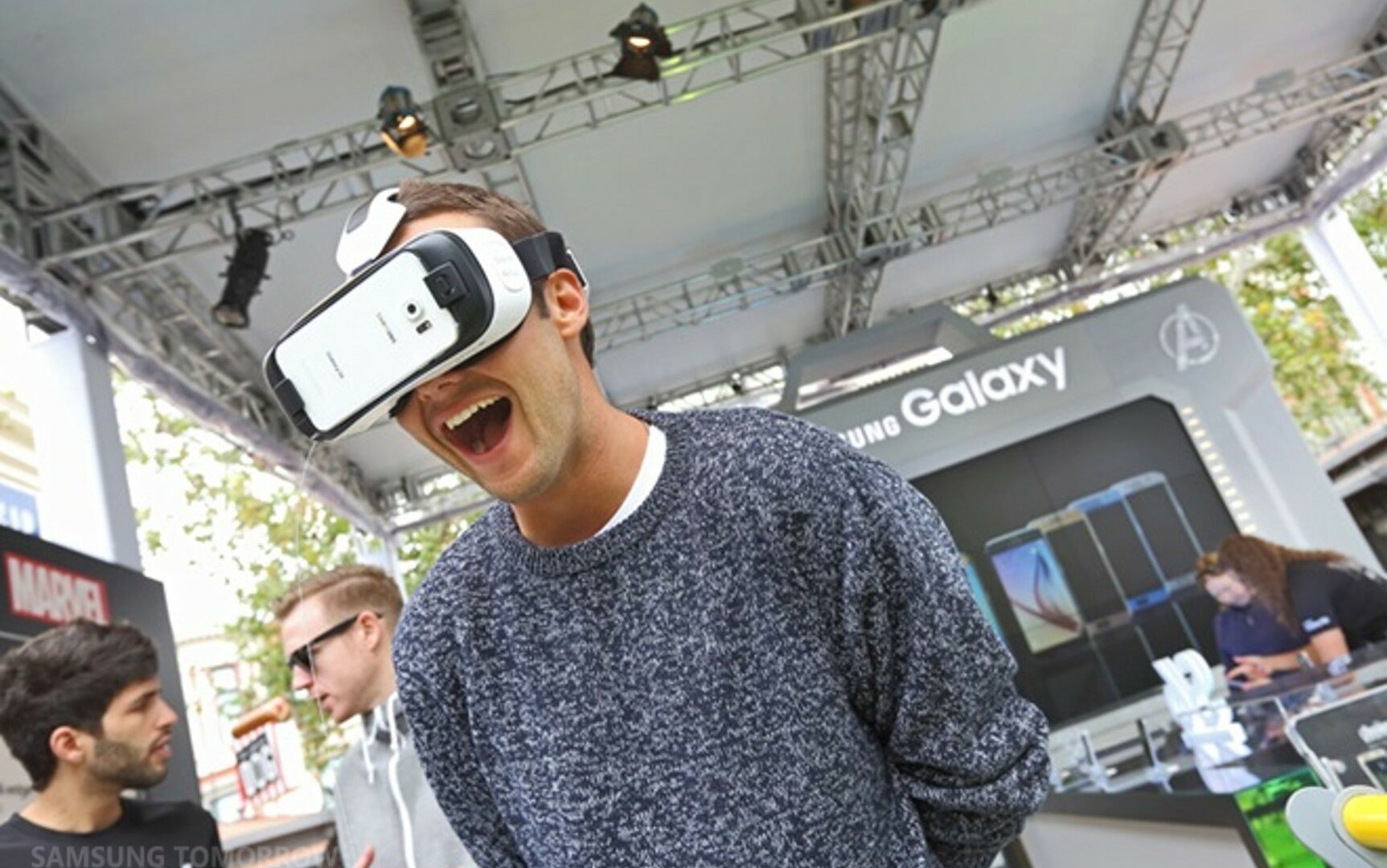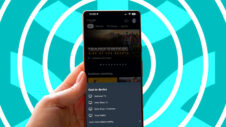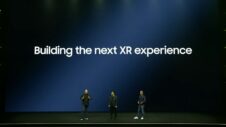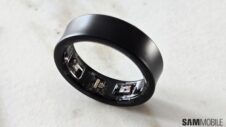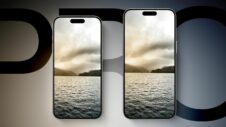Apple released its Vision Pro headset earlier this month, and whether or not it will revolutionize the AR/VR headset market is to be determined. Some Vision Pro features seem gimmicky, others seem more ambitious and clever, but if there's one feature that Samsung should copy for its upcoming XR (mixed reality) headset, that feature is Mac Virtual Display. At least, that's what I believe.
Without trying the Vision Pro myself, I think the Mac Virtual Display feature is probably the best thing about Apple's headset. It's the one component that really ties the headset with another Apple product and builds on the idea of a device ecosystem. And it looks like it might be the most useful Vision Pro feature, too.
Samsung's XR headset needs something like Mac Virtual Display
If you're unfamiliar with Mac Virtual Display, here's what it does in a nutshell. It replaces the MacBook's display with a virtual one inside the Vision Pro headset. Users can resize and place the augmented reality MacBook display anywhere within their field of view.
Even better, the MacBook shuts off its physical display when the Mac Virtual Display is in use, but you can keep using the laptop's physical keyboard and trackpad in conjunction with the virtual display inside the Vision Pro headset.
This is not only incredibly clever and impressive, but the feature offers more privacy when using the MacBook in public, like on an airplane, and also allows users to virtually use the MacBook on a bigger screen (albeit a virtual one). It might also make using the MacBook more comfortable for people who might not want to look down at their laptops.
What about augmented reality DeX?
I really hope that Samsung will implement a similar feature on its upcoming XR headset, which is being developed in partnership with Google and Qualcomm. It would be fantastic if the Samsung XR headset could connect to Galaxy Book laptops and create an augmented reality workspace for users, similar to how Apple's Vision Pro does it.
Better yet, Samsung could potentially do things even more interesting than Apple by allowing users to connect a Galaxy phone or tablet to the XR headset and use DeX in an augmented reality space. Galaxy mobile devices already support physical keyboards and mice.
Samsung will have to demonstrate that it, too, can create meaningful experiences around its device ecosystem. It is true that Galaxy Books laptops work on Windows OS, and such a feature may not be possible or easy to implement. Even so, Samsung has options, including the aforementioned DeX platform, and I think it would be a shame if the company wouldn't borrow this virtual display idea from Apple.
Time will tell if Samsung has any plans to develop anything like the Mac Virtual Display, but I really hope the company will pull it off and give us something similar or even better.
